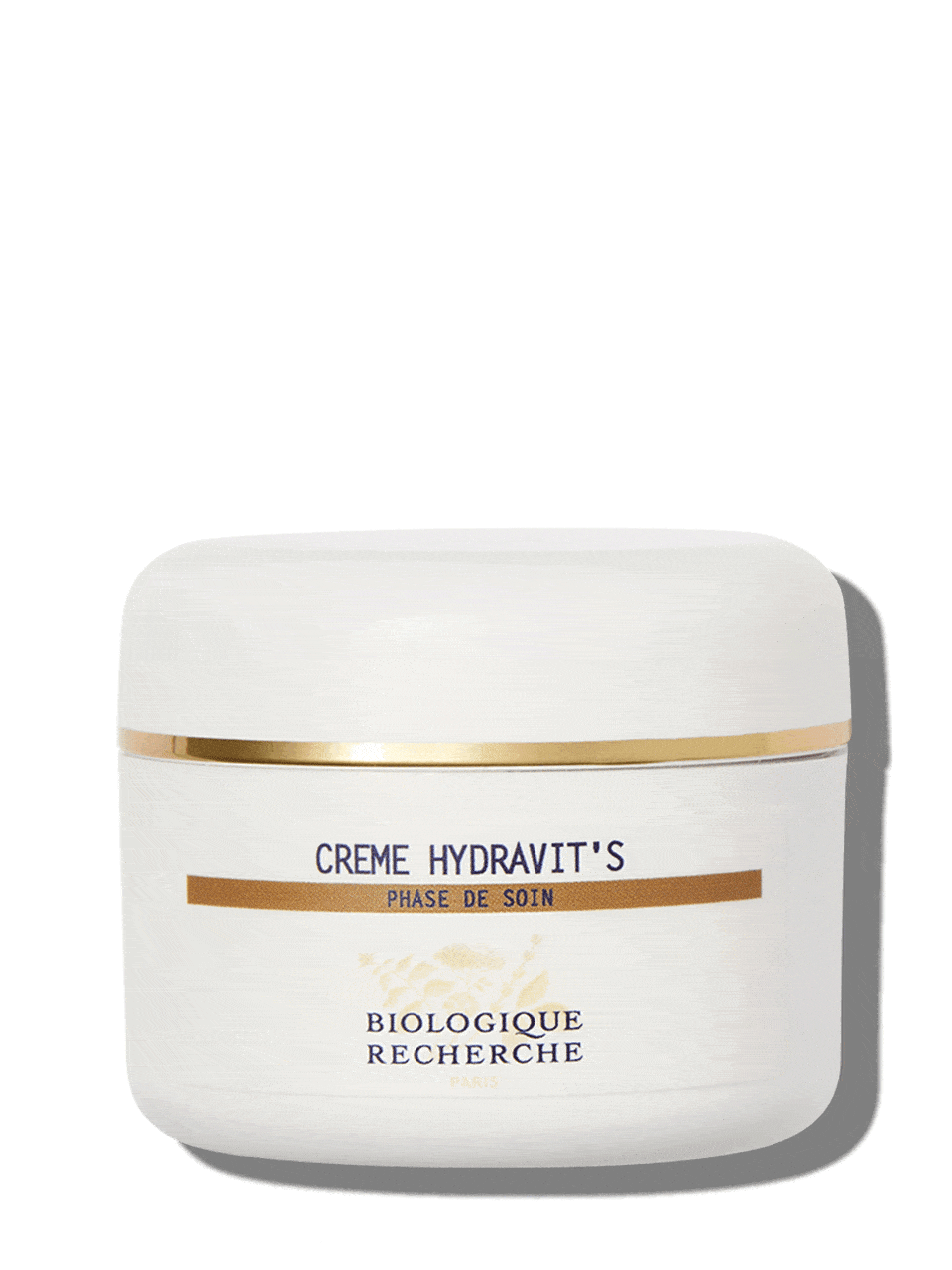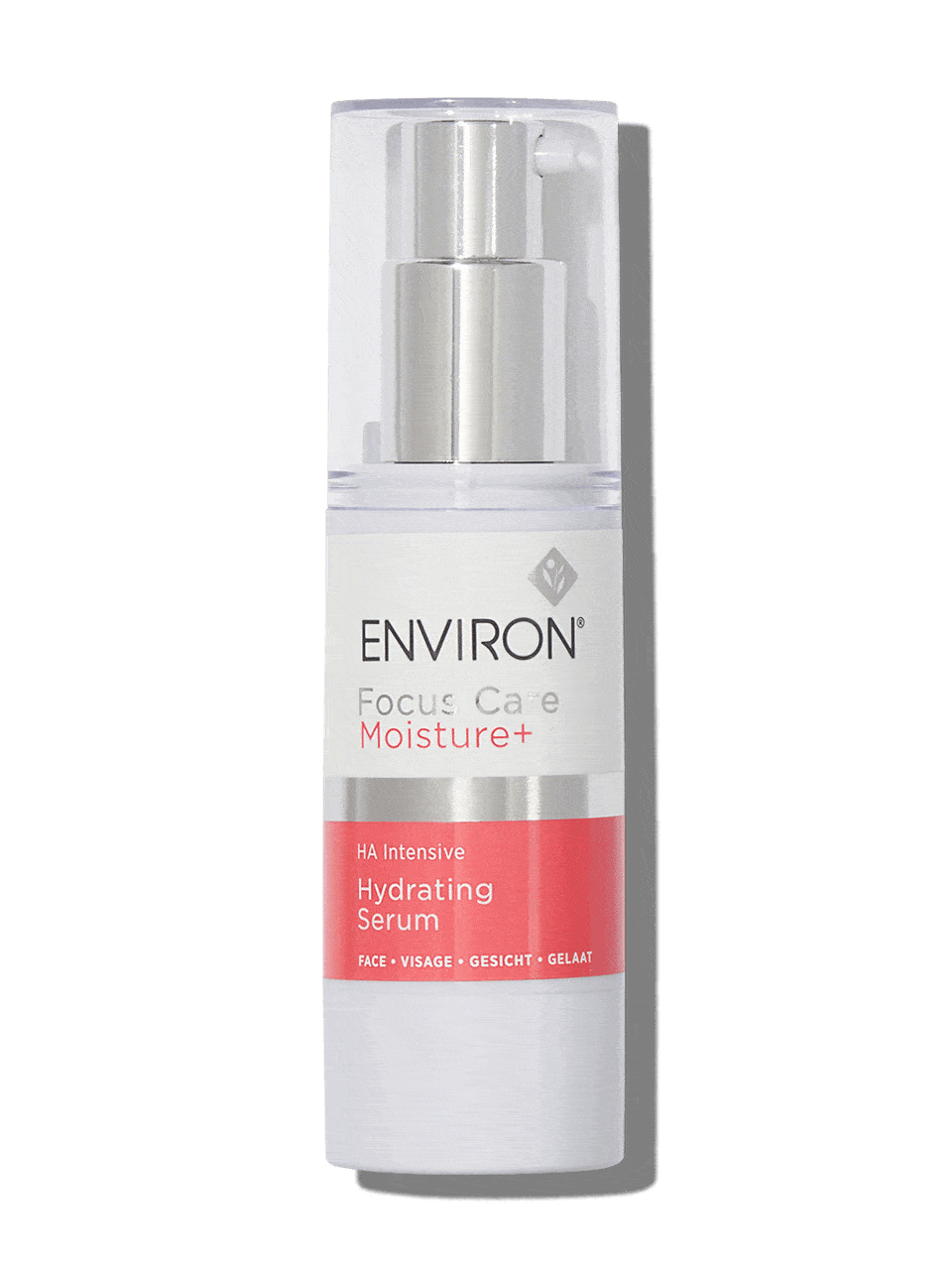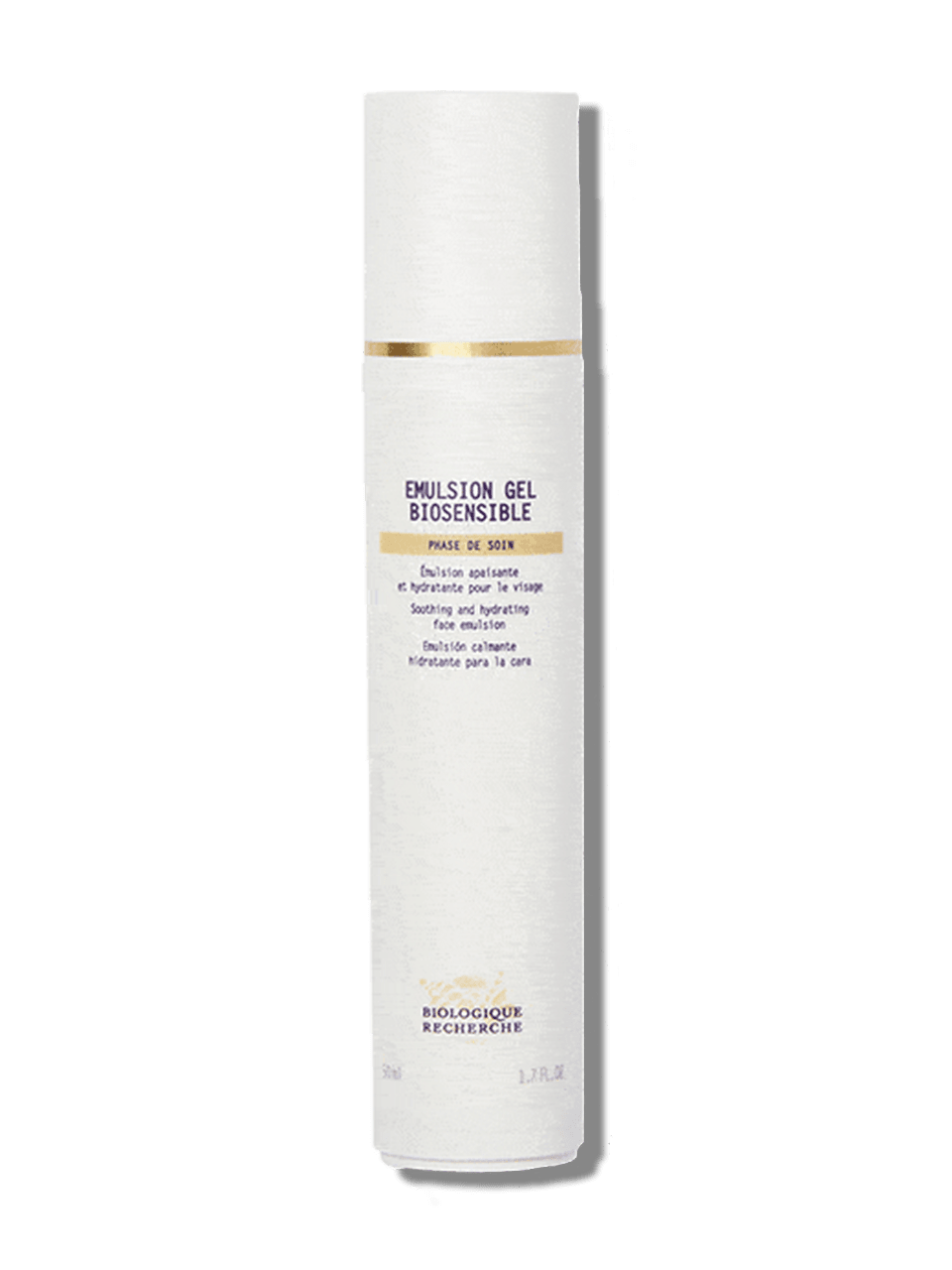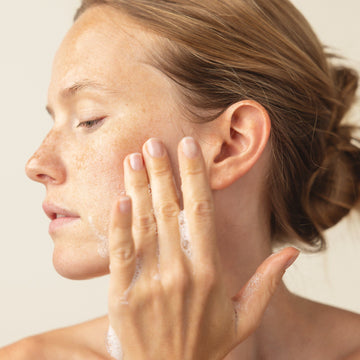The Difference Between Dry Skin and Dehydrated Skin
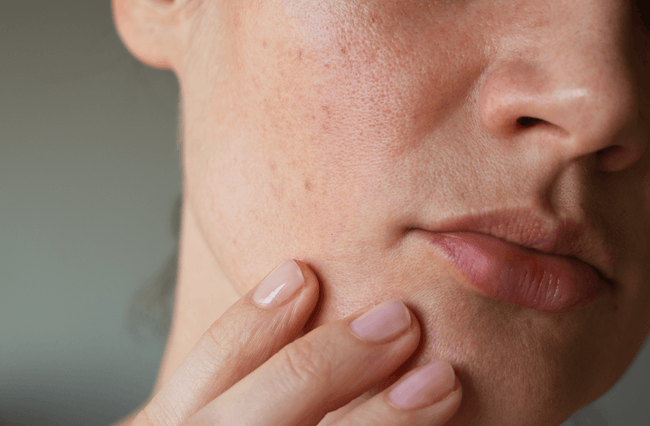
While dehydrated skin is often mistaken for dry skin, they are actually very different and need to be treated as such.
The basic distinction is that dry skin is a ‘type’ caused by a lack of oil production while dehydrated skin is a condition caused by a lack of water in the epidermis. Both can be uncomfortable and troublesome, but understanding each one helps to find the right skincare prescription.
Hydrolipidic Film
A key component in determining whether skin is dry or dehydrated is the quality of one’s hydrolipidic film.
Hydrolipidic film is made up of sebum (oil), perspiration and water. It serves as a protective layer between the skin and the outside world, and one of its main jobs is to help retain water. Without this protective film, water evaporates much faster. This loss of water is also known as transepidermal water loss, or T.E.W.L.
How To Treat Dry Skin
In dry skin, the hydrolipidic film has not fulfilled its role. There is more water evaporation and not enough lipids in the epidermis needed to absorb moisture or to build a strong barrier to protect against harmful external factors.
What Causes Dry Skin?
Dry skin tends to be hereditary. It is also more common in older people because as we age, our skin thins and we lose estrogen causing the lipid barrier to decrease.
With dry skin, the pores are smaller and less noticeable, the skin feels tight especially after cleansing, it is dull and has a tendency to show the signs of aging faster.
To best treat dry skin, it is important to balance the pH levels in the skin and create comfort. This can be supported through gentle creamy, milky or oil based cleansers, hydrating toners and oil based serums and moisturizers.
Recommended Products For Dry Skin
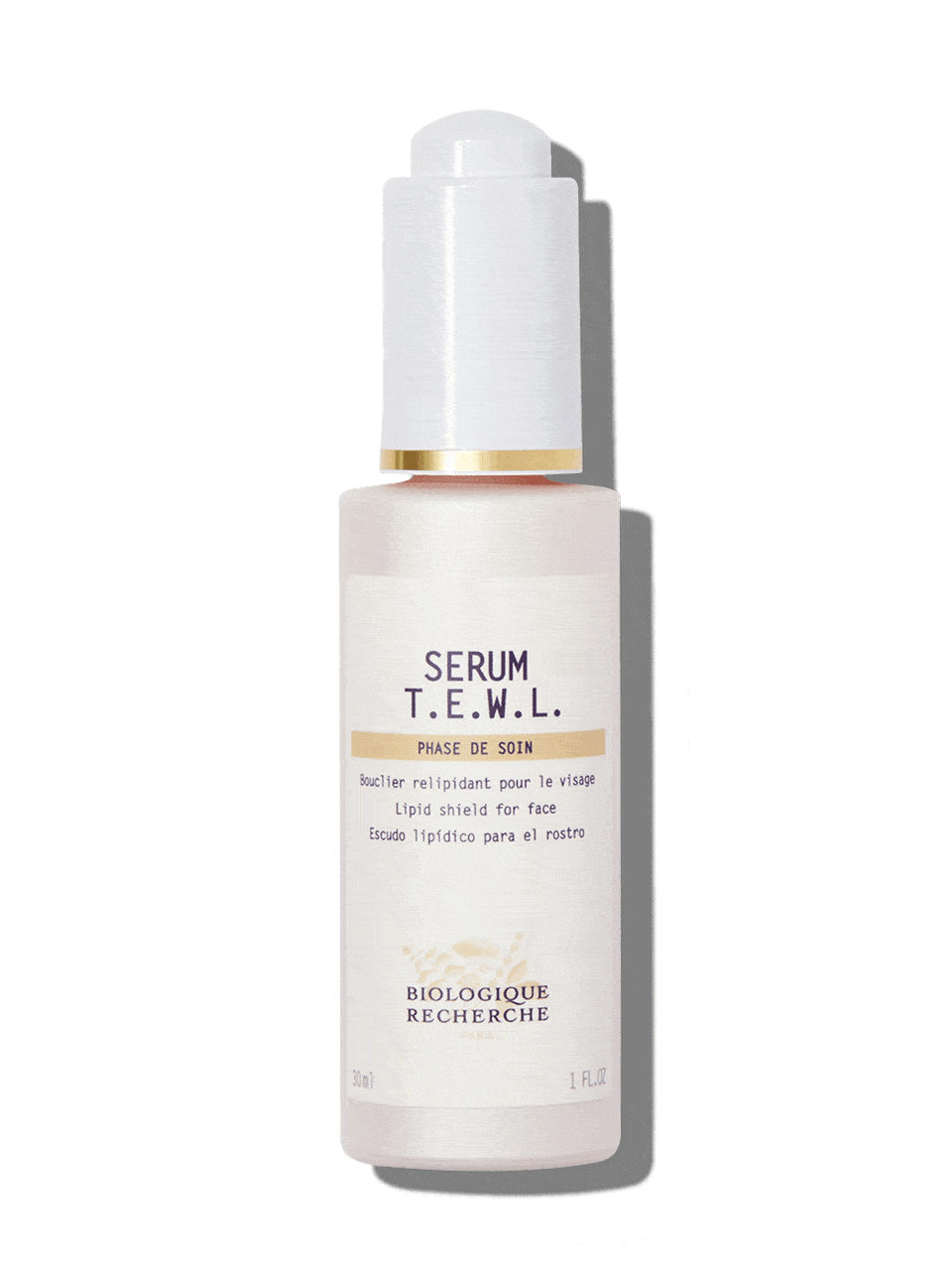
Biologique Recherche
Serum TEWL
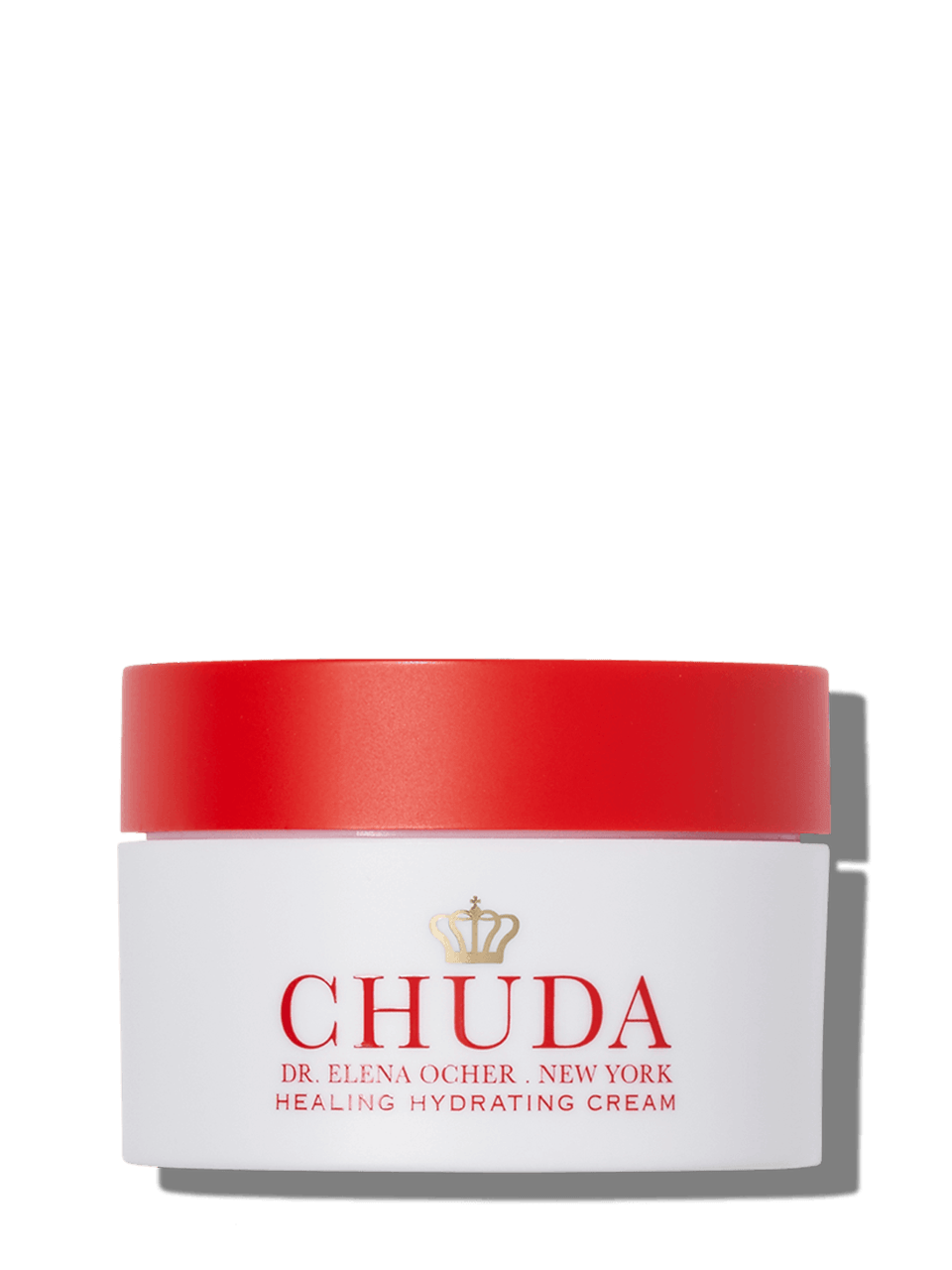
Chuda
Healing Hydrating Cream
How To Treat Dehydrated Skin
Dehydrated skin still has its hydrolipidic film. Any skin ‘type’ can be dehydrated including dry or oily skin. When skin is dehydrated, it creates more sebum (oil) to make up for the missing moisture. This can cause rough texture, itchiness, flakiness, redness, breakouts, irritation and dry patches.
What Causes Dehydrated Skin?
There are several factors that can cause dehydrated skin including weather, lifestyle, the use of the wrong products, and diet.
Depending on the cause, there are many things that can be done to treat this condition which largely consists of adding water to the skin both topically and internally.
- Look for products with hyaluronic acid as it can hold up to 1,000 times its weight in water.
- Use a humidifier which can help with the drying effects of heaters and the lower humidity in the cold winter months.
- Stay away from alcohol, coffee, and salty foods which dehydrate the skin, and add foods that are rich in water, fatty acids and vitamin E including berries, salmon and avocados.
- Drink plenty of water.
Recommended Products For Dehydrated Skin




